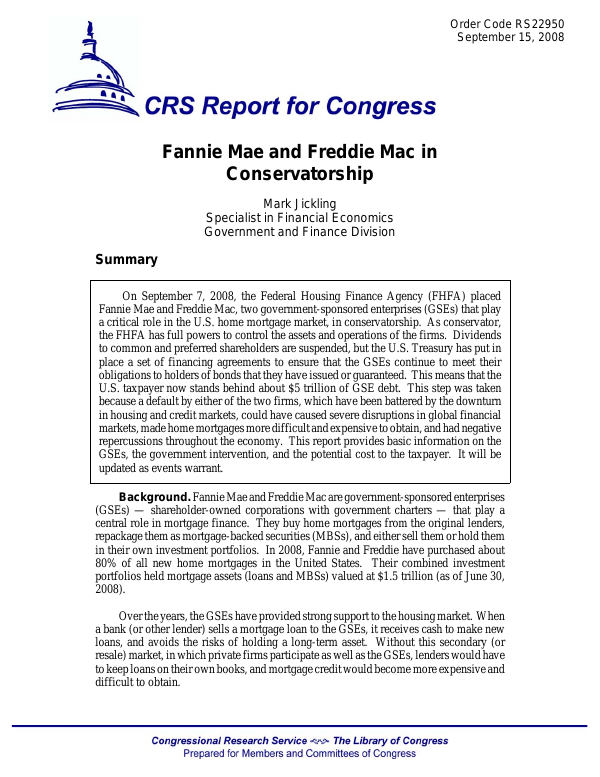

Donovan and Rascoff will answer consumers’ questions, knowing full well that the answer to many will be, ‘Right now you don’t qualify for a refinance. This “Google+ Hangout” will be hosted by real estate website Zillow, and Zillow’s CEO Spencer Rascoff will join in the conversation. Still, the White House will hold a webcast Thursday with HUD Secretary Shaun Donovan, along with a consumer-friendly interactive refi website. Yet the market is likely to react to every headline, which suggests significant volatility,” Seiberg wrote. As we believe Congress will not enact the legislation, there should not be any changes to prepayment rates. “MBS investors are likely in for a bumpy ride. The bill would raise GSE (Fannie and Freddie) guarantee fees to offset its costs. Seiberg is less optimistic about another bill that would allow non-agency mortgages refinance into FHA loans, regardless of negative equity. For conventional loans, Fannie Mae allows up to a 50 DTI. FHA insured mortgage loans maximum debt to income ratio requirements are capped at 46.9 front end debt to income ratio and 56.9 back end debt to income ratio. Jaret Seiberg at Guggenheim Partners puts the odds of that passing at around 60 percent. Fannie Mae And Freddie Mac Guidelines On Debt To Income Ratio. The “ Responsible Homeowners Refinancing Act,” sponsored by Senators Barbara Boxer, D-Calif., and Robert Menendez, D-NJ, would expand the HARP program, extending streamlined refinancing for Fannie and Freddie borrowers and eliminating up-front fees and appraisal costs. With both fixed and floating rate options available, it is. There are several proposals under consideration. The Fannie Mae Multifamily Loan Program is one of the most utilized funding resources for apartment owners nationwide because of its attractive interest rates, variety of loan structure options, high loan-to-values, and non-recourse guaranty structure. Thursday the Obama Administration will renew its push for a major refinancing program that would involve all loans, but it would need congressional approval. Lenders and investors are particularly risk-averse these days. It’s that non-government, 42 percent of the market that is having the most trouble refinancing due to poor credit scores and negative equity. Private-label mortgage-backed securities (MBS) investors held 10 percent and banks/other financial institutions held 32 percent. mortgage market as of the end of March, 2012, according to data compiled by Inside Mortgage Finance. Government-backed mortgages (Fannie Mae, Freddie Mac, Ginnie Mae) accounted for 58 percent of the $10.179 trillion U.S. While programs like HARP and FHA’s Streamlined Refi can provide a temporary surge in refis, they still only account for a relatively small share of borrowers,” Cecala noted.

Most of the activity we have seen in recent months are the same borrowers who refinanced a year or so ago, refinancing again. “We are definitely running out of borrowers to refi even with mortgages rates at record lows.


 0 kommentar(er)
0 kommentar(er)
